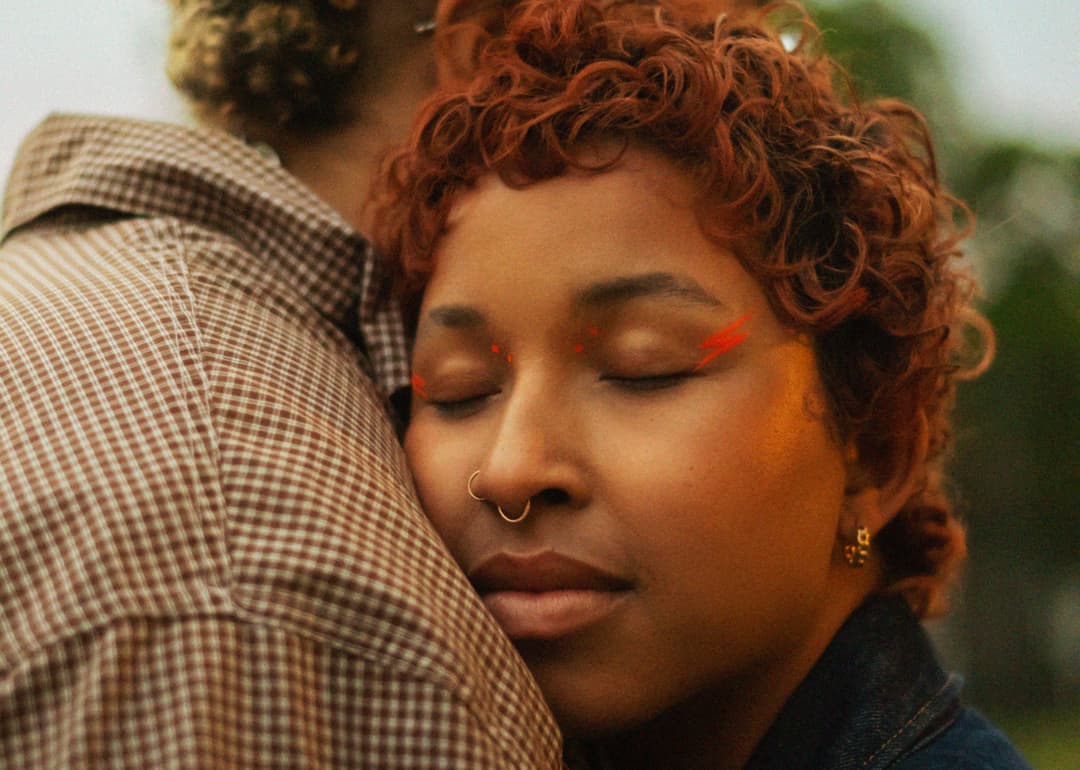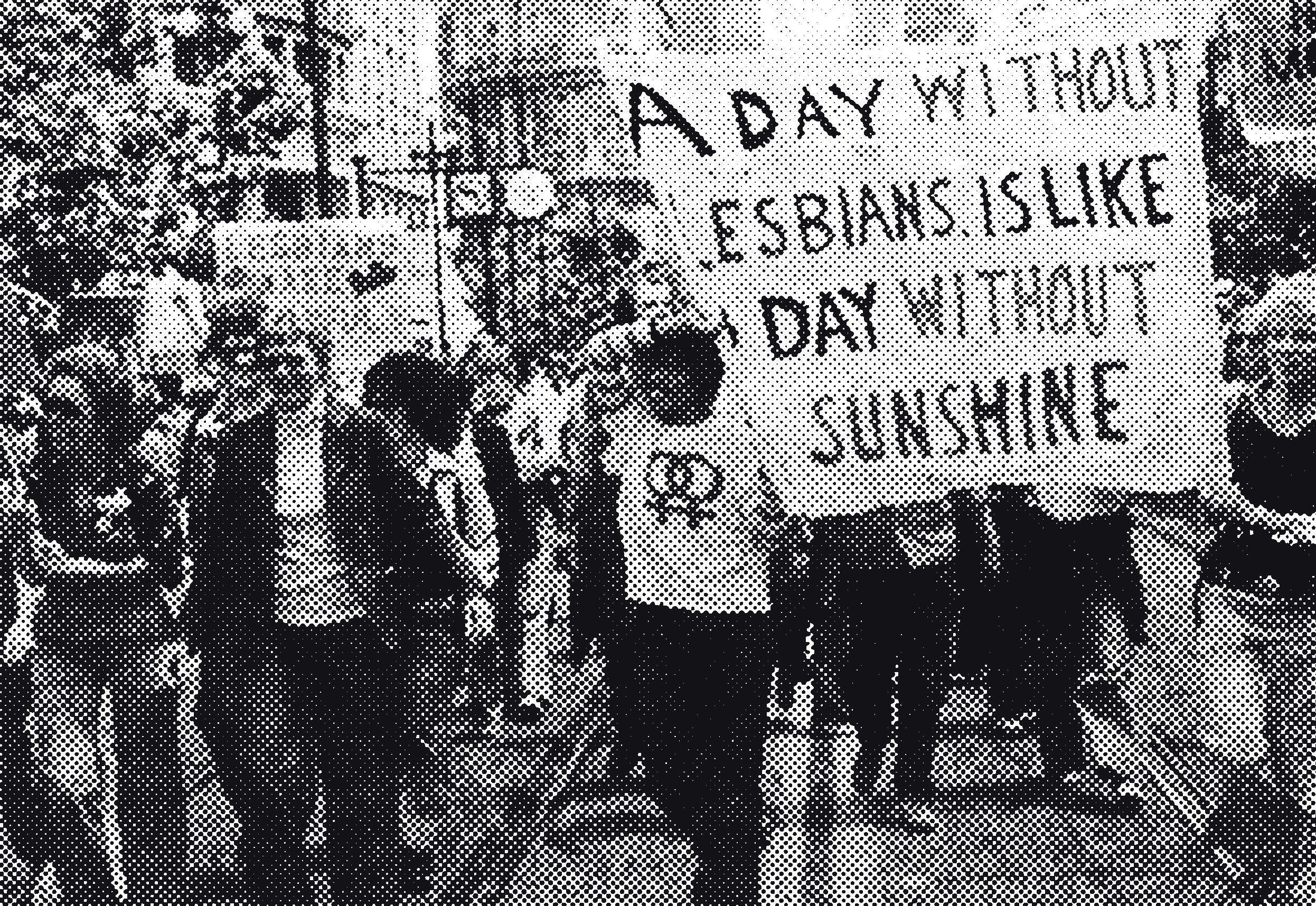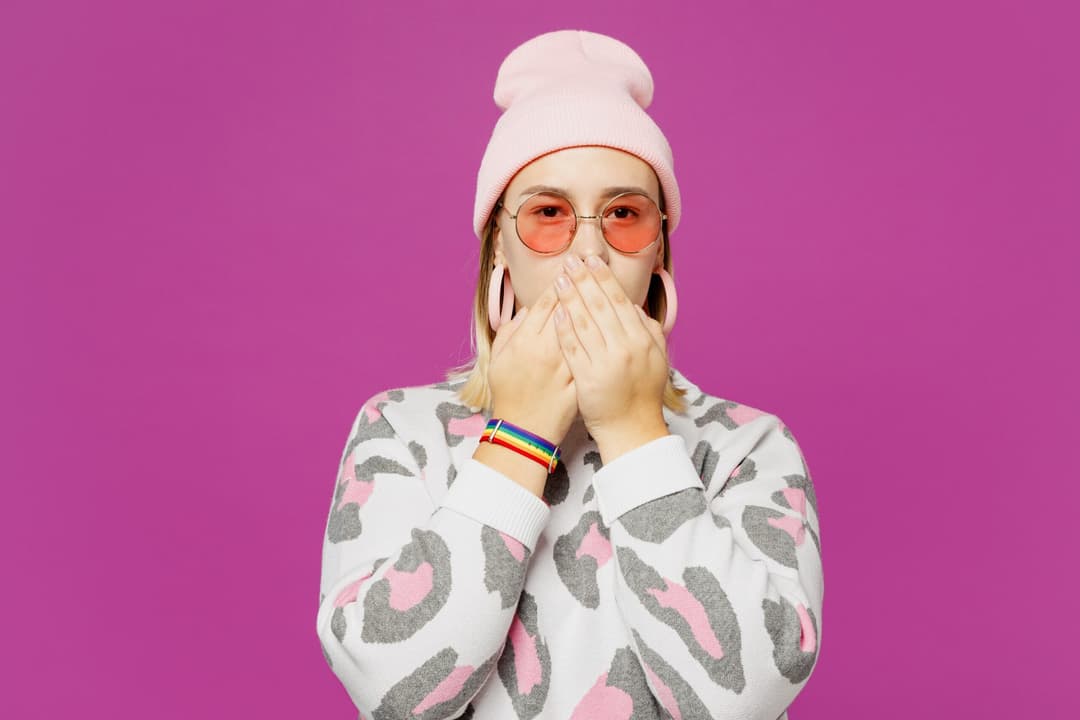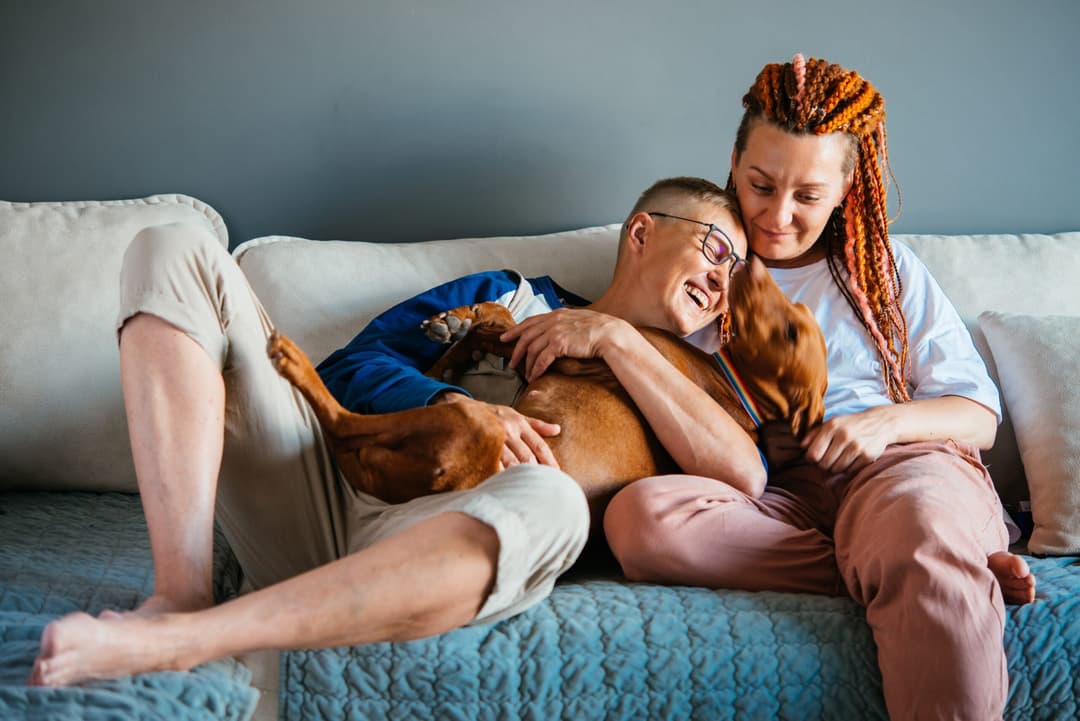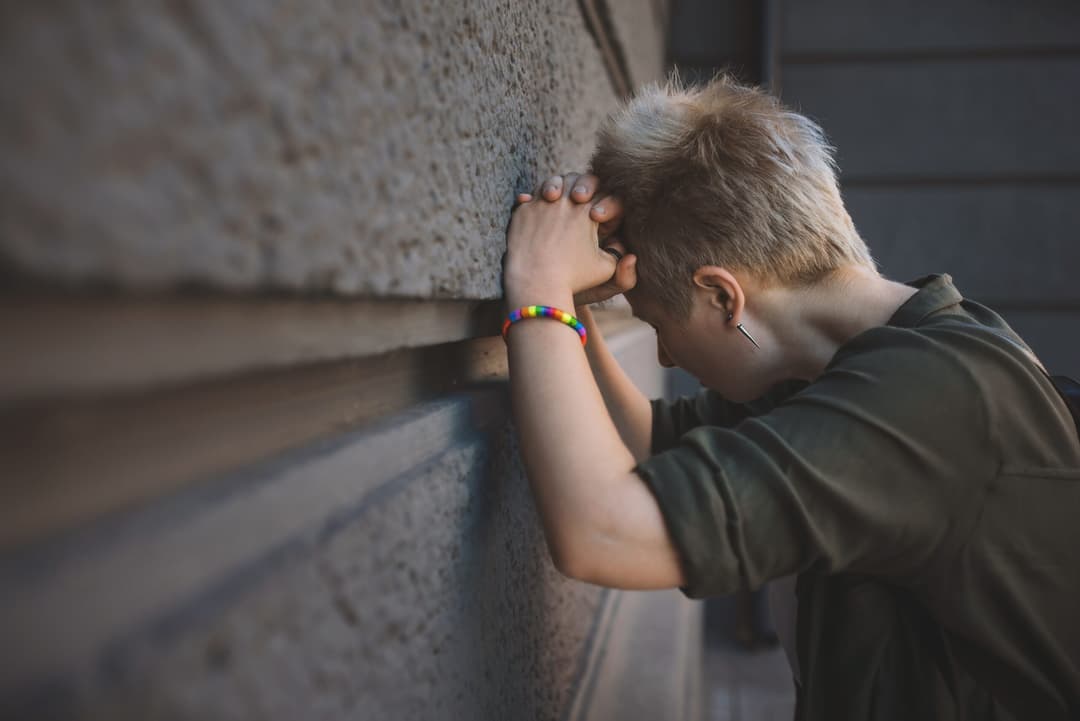Who Cares? Why Queer Women Care More and Need Help Doing It.
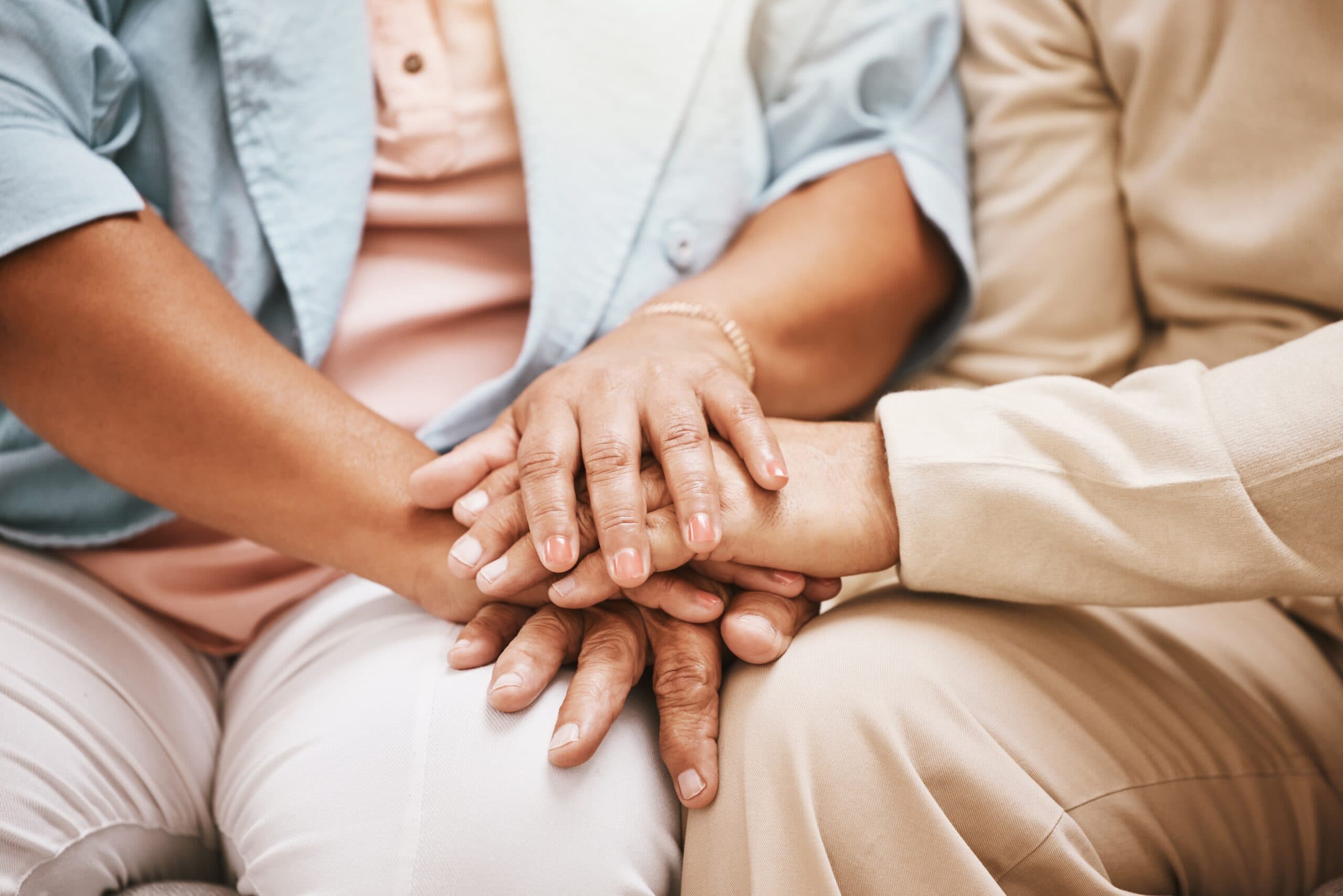
Care: little word, huge meaning. Take care, childcare, medical care, acts of care, duty of care, day care, don’t care, care bear… It conjures something different for everyone. For some, “care” is their entire waking life. For others it’s a corporate value emblazoned onto their desktop background.
Queer women, though? We’ve always been at the frontlines of radical community care. The lesbian activists and nurses who provided hospice care during the HIV/AIDS crisis, the house mothers in ballroom halls, and the cross-community activism of the Gay Liberation Front – all of these are examples of queer care in action.
So, who cares?
We do. Constantly.
The gendered burden of care
Women are over-represented as carers and for eons, unpaid care work has almost always been synonymous with ‘women’s work’
And for queer women and gender-diverse people, our share of care can stretch further.
When biological family ties can be fragile or conditional, we take responsibility for each other: partners, exes, friends, elders, chosen family. And for many of us, that circle of care is wider than most. The intersections of gender, race, age, and disability mean that the load often multiplies.
LGBTIQ+ communities experience higher rates of disability , and we’re frequently left to fill the gaps in an under-resourced system. We might be caring for others with disabilities of our own. The work never really ends — we care, and then we care some more.
Yet our caregiving isn’t always recognised by the systems around us. Healthcare professionals might not see you as a legitimate carer. Your partner might not be able to disclose your relationship safely, leaving you cut off from partner-carer supports. Narrow assumptions of biological family as primary caregivers can erase our role when caring for community.
Our care holds us together, but it deserves recognition, rest, and care in return.
All kinds of care
There are all kinds of caregivers. Some are formal carers; people in paid or professional roles, like nurses, disability support workers, or trained volunteers. Then there are informal carers; often friends, neighbours, or family (biological or chosen) who step in to help.
And then there are the hidden carers; those of us who give care without necessarily seeing ourselves as carers at all. Because we don’t use that label, we often miss out on support, recognition, and connection that’s meant for people like us.
Caregiving isn’t always clear cut. You might be helping with an older friend who’s still independent but needs a little support. You may be in a relationship with someone who has a significant mental health diagnosis. Maybe you have a family member who speaks English as a second language and need your help with paperwork and appointments.
How do you tell if you’re just supportive, or if you’re a unpaid carer?
Here are some signs you might be an unpaid caregiver
Alfred Health Carer Services, an unpaid carer gives ongoing support to someone who:
- has a chronic or terminal illness
- has a disability
- has a mental health condition
- is frail or vulnerable due to their age.
Parents of children with disabilities – including adult children with disabilities – are also considered carers, depending on their circumstances.
When someone is an unpaid carer, it means caring is not their occupation but something they do as a spouse, partner, parent, sibling, grandchild or even as a friend, or neighbour. You don’t have to be related to someone to be called a carer.
Unlike parenting, where a child eventually becomes independent, unpaid carers often support someone who will always need assistance to live at home. That can mean helping with transport, cooking, medication, personal care, or appointments — sometimes alongside work or study.
We all need care
Society needs caregivers. None of us would be here without it, and needing care is written into our futures. Almost all of us will experience disability and aging.
Our caregiving as a community is worth celebrating. So is our caregiving as individuals. But for caregiving to be sustainable, collectively, we need to have conversations about who cares.
Lots of caregivers have resistance to the idea that they need care. For some of us, it feels like just another chore on the to-do list. For others, time to themselves feels like a danger to their loved ones. The circumstances of life can make our own health and wellbeing feel optional or frivolous. That’s not right. We need to be able to take care for ourselves, and each other.
Reaching out
Here are some easy places to start.
Carer Gateway. A free Australian Government service supporting carers with respite, transport, cleaning, peer groups, and more. You can also access counselling, coaching, or equipment to make caring easier. Need a break? They can arrange respite workers or connect you with meal services to help lighten the load.
Carers Australia: The national peak body for carers. They share info on carer rights, discounts, policy updates, and programs designed to support people in caring roles across Australia.
Peer support
Connecting to other LGBTIQ+ carers can be a vital source of connection and solidarity. Run by Merri Health and Alfred Health as part of Carer Gateway, Rainbow Crew is a monthly, informal chat session that links up LGBTIQ carers within Victoria.
If you’re looking for support that understands dynamics within queer communities, you might want to check out:
QLife. Australia-wide referrals to LGBTIQ+-specific services, including counselling.
Queerspace. Counselling and case management for queer people in Melbourne.
Where to
find support
Looking for someone to talk to?
Access safe (and pre-screened) health from our resource list.
